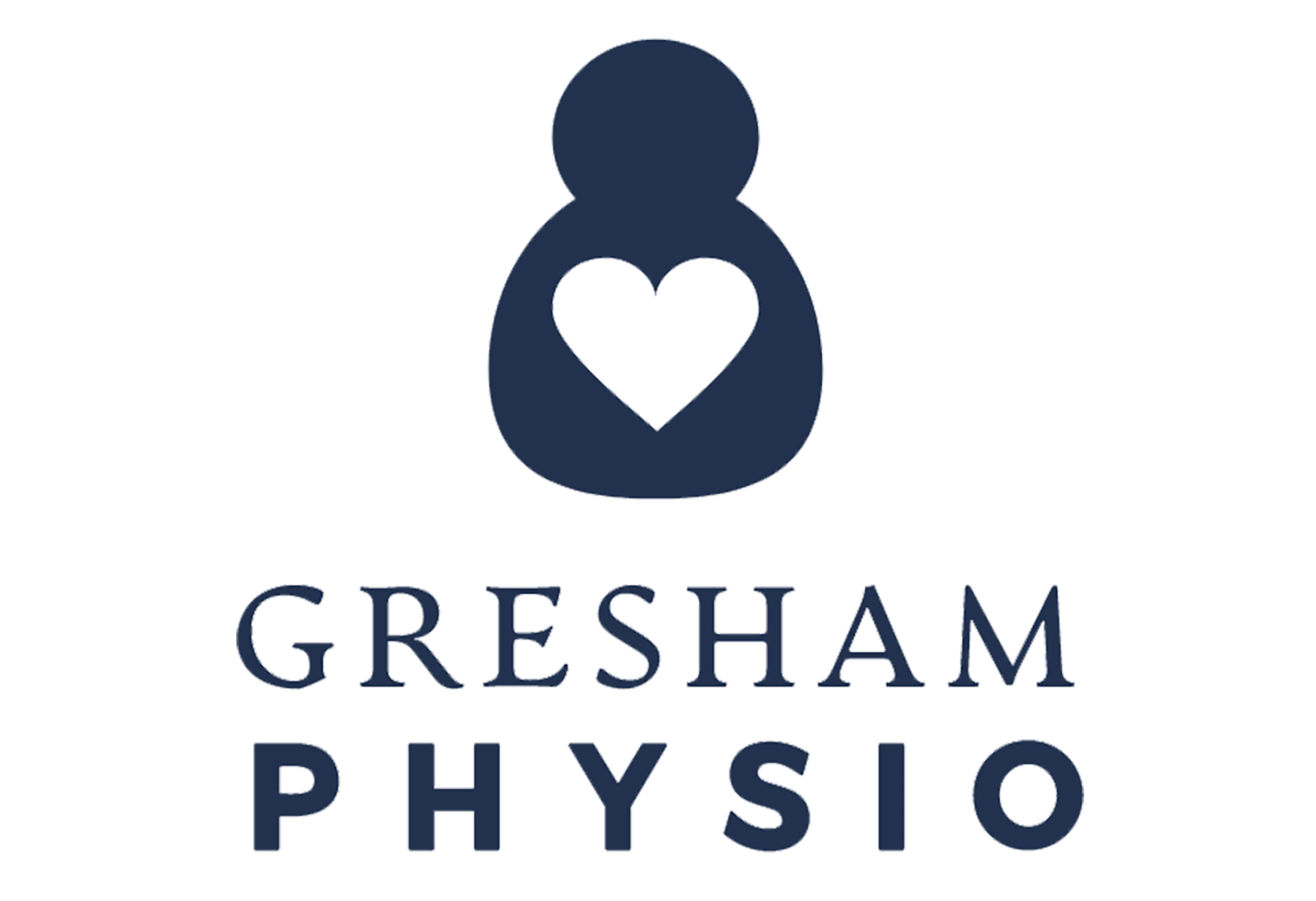Visceral manipulation is a therapeutic approach that focuses on assessing and improving the functioning of the internal organs, known as viscera, through manual manipulation. It is based on the premise that the internal organs can develop restrictions, adhesions, or imbalances due to various factors such as trauma, surgery, inflammation, or chronic stress. By applying gentle, specific techniques, a trained practitioner aims to restore normal mobility, alignment, and balance to the organs, as well as improve their interaction with surrounding tissues.
Proponents of visceral manipulation suggest that restoring proper organ function and mobility can have positive effects on the body as a whole. Here are some potential ways in which visceral manipulation may help people:
1. Improved organ function: By releasing restrictions and adhesions within the organs, visceral manipulation may enhance their physiological processes, including blood flow, nerve signaling, lymphatic drainage, and the production of hormones and enzymes. This, in turn, may contribute to better organ function and overall health.
2. Enhanced structural alignment: The organs are interconnected with the musculoskeletal system through fascial connections. Manipulating the viscera can influence the alignment and mobility of surrounding tissues, including muscles, ligaments, and joints. By optimizing the structural relationships between organs and musculoskeletal structures, visceral manipulation may help improve posture, movement patterns, and overall body mechanics.
3. Pain relief: Visceral manipulation is sometimes used to address chronic pain conditions, particularly those associated with dysfunction or referred pain from the internal organs. By restoring normal organ mobility and reducing tissue restrictions, it is believed to alleviate pain and discomfort.
4. Improved digestion and elimination: The digestive system relies on the coordinated movement and functionality of the organs involved, such as the stomach, intestines, liver, and gallbladder. Visceral manipulation may help optimize digestive processes, potentially leading to improved nutrient absorption, regulation of bowel movements, and relief from gastrointestinal issues.
5. Enhanced emotional well-being: It is theorized that there is a bidirectional connection between the organs and the nervous system, including the autonomic nervous system and the enteric nervous system (which governs gut function). By addressing visceral restrictions and imbalances, visceral manipulation may help regulate the autonomic nervous system, leading to a reduction in stress levels, improved emotional well-being, and potentially benefiting conditions like anxiety or depression.
It’s important to note that while visceral manipulation is used by some healthcare practitioners and has anecdotal evidence supporting its efficacy, the scientific evidence for its effectiveness is limited. As with any therapeutic intervention, it’s advisable to consult with a qualified healthcare professional to determine whether visceral manipulation is appropriate for your specific condition.




